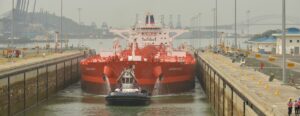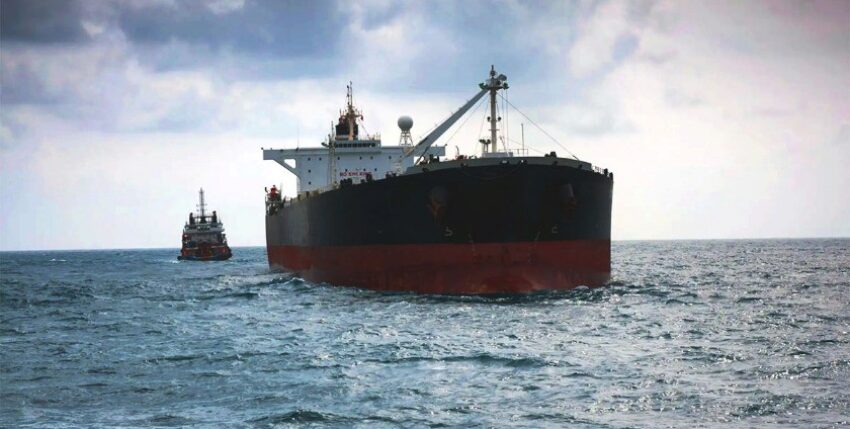The 15th sanctions package against Russia was adopted by the Council of Foreign Ministers on 16 December 2024. Key elements of the package include further action against the Russian shadow fleet, the inclusion of numerous individuals and organisations with links to the Russian military-industrial complex and the improvement of legal protection for EU central depositories. It includes sanctions in the form of a travel ban, the freezing of assets and a ban on the provision of economic resources against several Chinese players - a first.
Three resolutions - different objectives
The packages are pending in several decisions, which differ in their objectives in a nuanced manner. Council Decision 2024/3182 adopts restrictive measures in respect of actions undermining or threatening the territorial integrity, sovereignty and independence of Ukraine. Decision 2024/3187 concerns restrictive measures in respect of actions by Russia to destabilise the situation in Ukraine. The new version expands the original resolution from 2014 by 32 natural and legal persons, so that the list now includes 707 positions. Decision 2024/3174 sanctions those responsible for the Russian disinformation campaign. For all measures, the EU Commission is responsible for monitoring the enforcement of the sanctions by the EU member states.
The decisions taken by the Council of Foreign Affairs Ministers bring a measure that has been months in the making to a successful conclusion - and this under the Hungarian EU Council Presidency. Brussels is now imposing restrictive measures on a total of 1895 natural persons, 1217 legal entities and 79 ships.
79 ships of the Russian shadow fleet - mentioned by name
The 15th sanctions package increases the number of ships subject to EU sanctions by 52 to 79. Ships that transport Russian crude oil or oil products, or are involved in arms deliveries and grain theft, or are suspected of supporting the Russian energy sector, are subject to a ban on access to ports and services in the EU. The justification is included in the text of the decision for each ship. In addition to the name of the ship, the IMO number is also listed.

In a triad with allies - in addition to the EU list, there is a US and a UK list
The sanctions list maintained by the US Office of Foreign Assets Control (OFAC) in connection with the war in Ukraine is very extensive and, with 247 ships, not only includes those of the shadow fleet. After all, there are 21 jointly managed entries. It is striking that four ships with the same ISO number have a different name on the OFAC list.
In the UK, the Office of Financial Sanctions Implementation (OFSI) monitors the British measures against the export of Russian oil and oil products on behalf of the Treasury. There are currently 73 oil tankers from the shadow fleet on the OFSI list. The common intersection with the EU is nine ships.
Three ships can be found on all three sanctions lists: "Kemerovo" (IMO 9312884, aka "NS Columbus"), "Krasnoyarsk" (IMO 9312896, aka "NS Creation") and "Georgy Maslov" (IMO 9610793). The three ships are crude oil tankers of the flag state Gabon, owned by a subsidiary of SovComFlot and managed by Invest Fleet Ltd. According to the AIS, "Kemerovo" and "Georgy Maslov" are currently in the Baltic Sea - at the tanker roadstead in Koporye Bay - and thus in the vicinity of the oil transshipment port of Ust-Luga. There is no guarantee for the correctness of this AIS data - as has often been the case recently!







